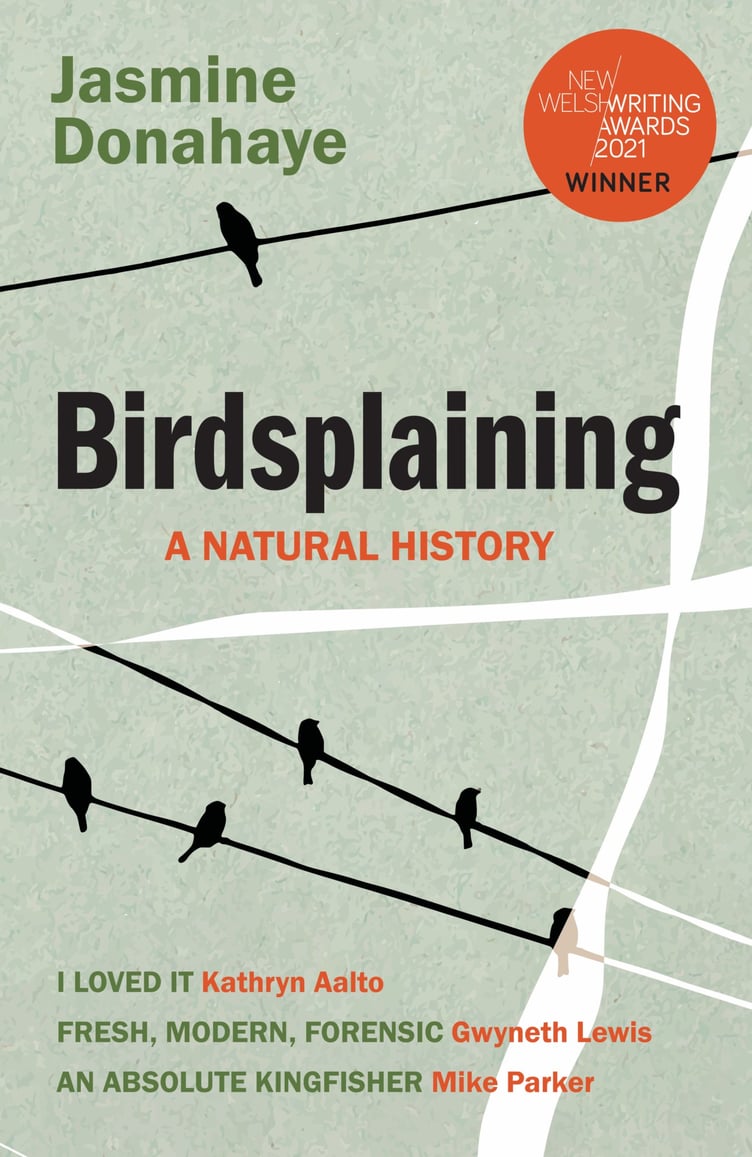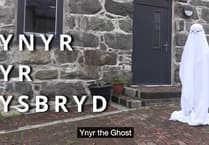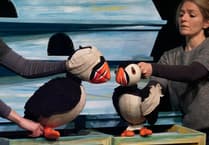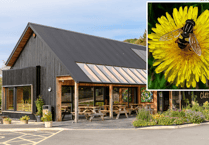Lledrod-based author Jasmine Donahaye will release her new essay collection Birdsplaining in Aberystwyth Waterstones at 6.30pm on Thursday, 26 January.
The evening will hear Jasmine discuss the book with Aberystwyth’s University’s Matthew Jarvis.
Birdsplaining: A Natural History is a new essay collection by one of Wales’ finest contemporary essayists which will be published on the eve of the RSPB Big Garden Birdwatch on 26 January by Aber-based publisher New Welsh Review.
This is political feminist writing about women’s unique experience of the natural world at its best.
In Birdsplaining, New Welsh Writing Awards 2021 winner Jasmine is in pursuit of feeling ‘sharply alive’, understanding things on her own terms and undoing old lessons about how to behave.
Here, she finally confronts fear: of violence and of the body’s betrayals, daring at last, to ‘get things wrong’.
Roaming across Wales, Scotland and California, she is unapologetically focused on the uniqueness of women’s experience of nature and the constraints placed upon it.
Sometimes bristling, always ethical, Birdsplaining upends familiar ways of seeing the natural world.
Jasmine’s work has appeared in the New York Times and The Guardian, and her documentary, Statue No 1, was broadcast on BBC Radio 4.
Her books include the memoir, Losing Israel (2015), winner of the nonfiction category in the Wales Book of the Year award; a biography of author Lily Tobias, The Greatest Need (2015), the basis for O Ystalyfera i Israel, broadcast by S4C; the cultural study Whose People? Wales, Israel, Palestine (2012); and two collections of poetry: Misappropriations (2006) and Self-Portrait as Ruth (2009).
She is a part-time professor of creative writing at Swansea University, and a fellow of the Learned Society of Wales.
Jasmine won the New Welsh Writing Awards in 2021 with an extract from Birdsplaining.
Jasmine said: “I hope readers will find this a curious book, in both senses – not too easy to categorise, and also inquisitive and asking questions – because without curiosity (about the world, about ourselves), what would we be as a species, or as individuals?”





Comments
This article has no comments yet. Be the first to leave a comment.